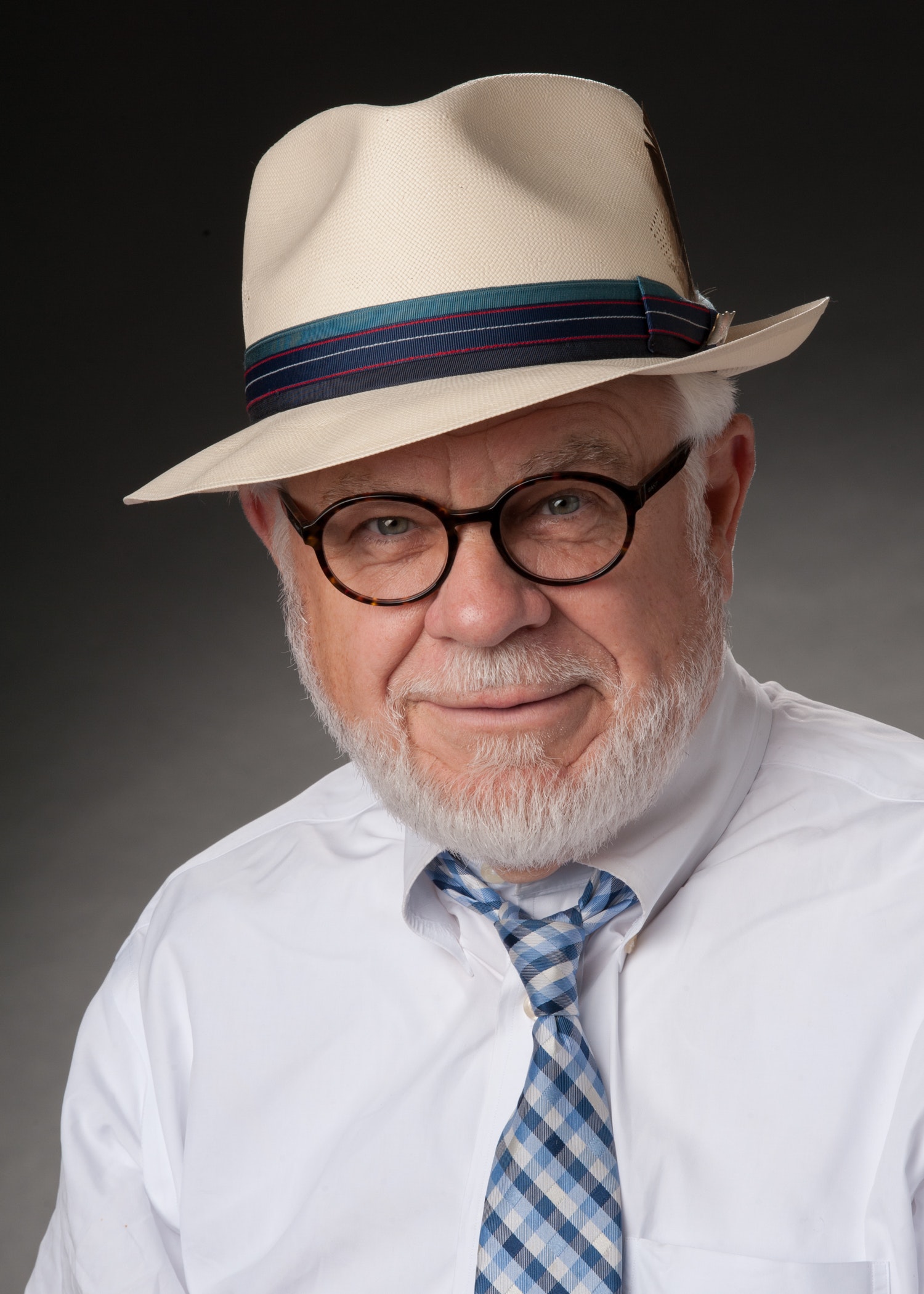PRENTISS SMITH
Contributing Columnist
A recent series of stories on KTBS Channel 3 about the “deadliest zip codes in Shreveport” was an eye opener and a look into who is being killed and where they are being killed in Shreveport. The overwhelming majority of them are young black men, average age of 27, and many of them are younger than that, and they are deadly. It seems that the only way they can settle even a minor dispute is with a gun, of which there are too many.
Interim Chief Smith is a good man, and there is no doubt that he loves the city of Shreveport. He has been on the force for decades, which means he has seen chiefs come and go, and yet, the killing has not abated. The problem for Chief Smith is that he is swimming against the tide of an epidemic of black-on-black killing that has taken hold in many major cities around the country. Recent statistics show that the homicide rates have increased in 12 major metropolitan areas in the country.
Almost 800 people have been killed in Chicago, most of them young black men, as is the case in Philadelphia, Memphis and St. Louis. This is not a list that any city would like to be on, but Shreveport is on this list. Shreveport is the fifth deadliest city in the country per capita, and people are tired of it.
To date, the number of homicides in Shreveport is approaching 90, which is four more than the record of 86 set in 1993. That is a sad commentary on what has continued to be a trend in Shreveport. Since Interim Chief Wayne Smith took over, the daily tabulation has not waned much, and his idea of putting more officers on the street does not seem to be as effective as was once thought, but the jury is still out.
Changing police chiefs is not the answer, because if that was the case, Shreveport would be seeing better results in its efforts to get a handle on the scourge of young black men killing each other indiscriminately. There are many communities in this city and in this country that are dealing with what many call young hoodlums, who have no respect for themselves or for anyone else. That seems like an apt description.
The people of Shreveport get it. They understand that their communities are under siege, as evidenced by their recent vote for only one amendment in the bond proposal, and that was the public safety bond. It failed the last time, but the citizenry saw the need for the investments sought in the public safety proposal. The other four proposals failed big time.
People want to be safe in their homes, and they are willing to pay for it. Recruiting more qualified officers and increasing the size of the force are paramount. The next chief will have more resources, and hopefully a commitment from the politicians to support him or her in their efforts to change the trend lines.
Young men, especially young black men, are increasingly growing up in homes where there are no strong male influences. There are too many children, especially black children, who are being born out of wedlock, which leads to a lot of the pathologies that are seen in urban and black communities.
Interim Chief of Police Wayne Smith has expressed his desire to put more police officers on the streets in at-risk communities, but these problems will continue to exist until politicians and policymakers figure out a way to deal with the root problems of poverty, lack of education and lack of jobs. All the police presence in the world cannot solve these problems.
It is going to take a focused and concerted effort from all stakeholders to change what is happening in these communities. The scourge of black-on-black killing is all too real, but it won’t change until the citizens of these communities demand change from themselves and from their leaders. Hopefully, the story will be different next Christmas. And that's the way I see it.
smithpren@aol.com
